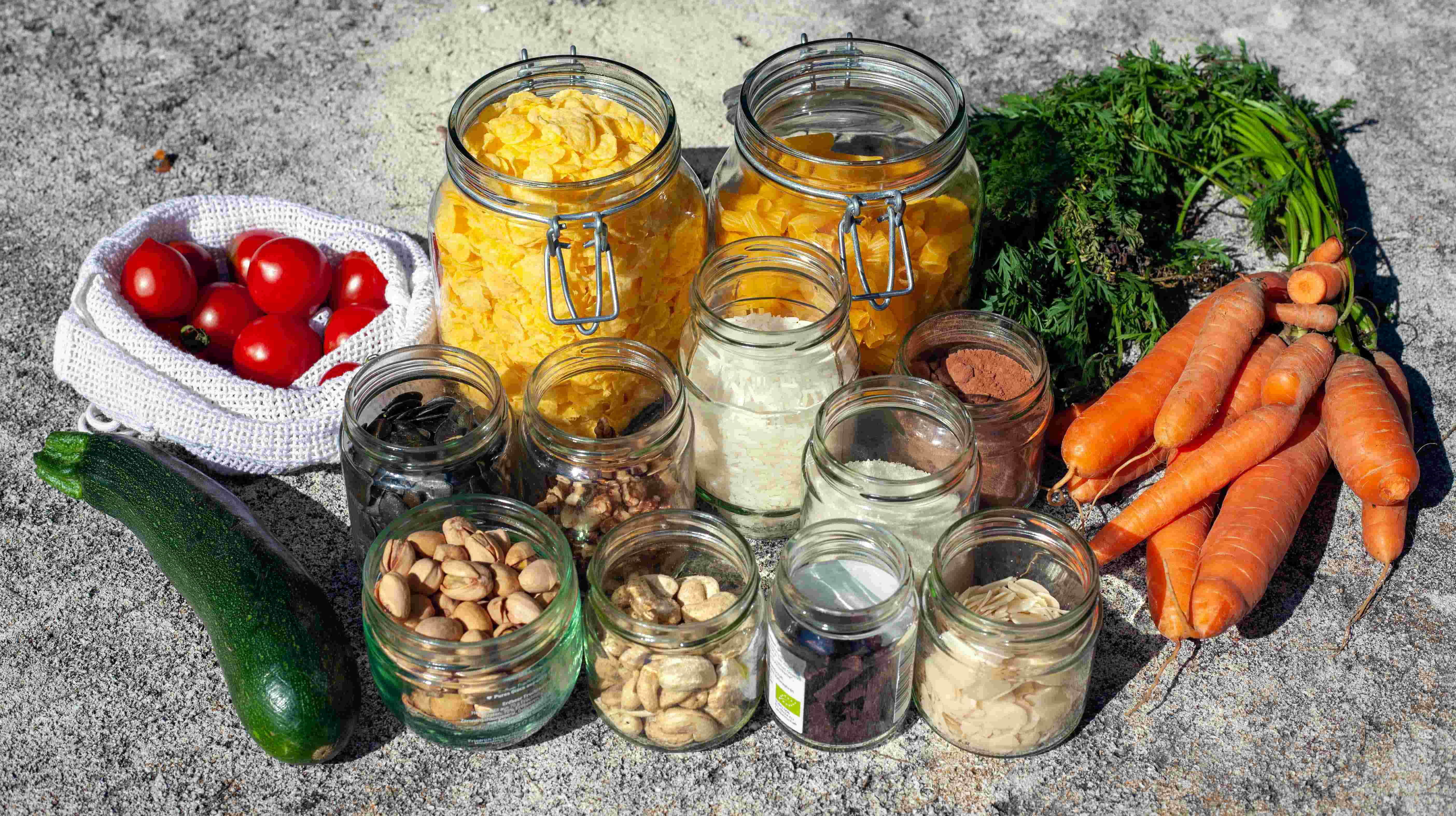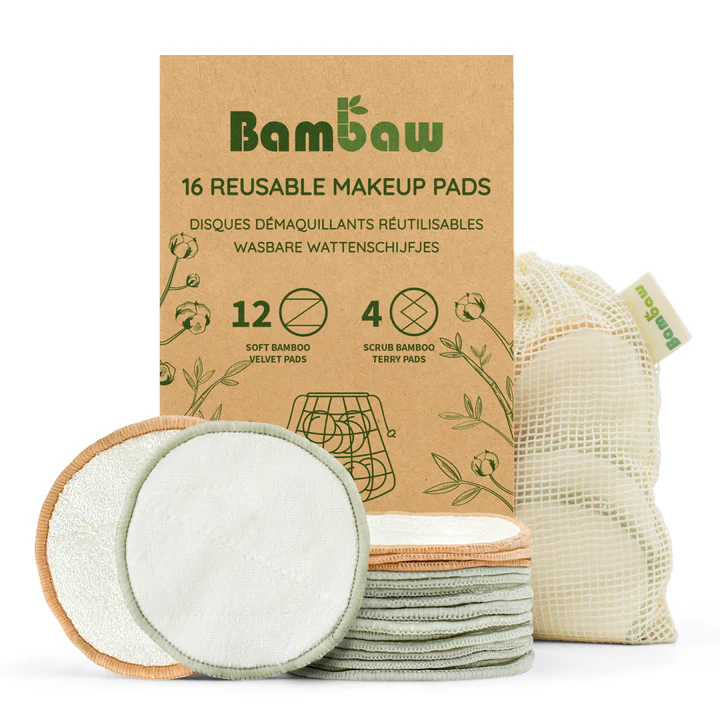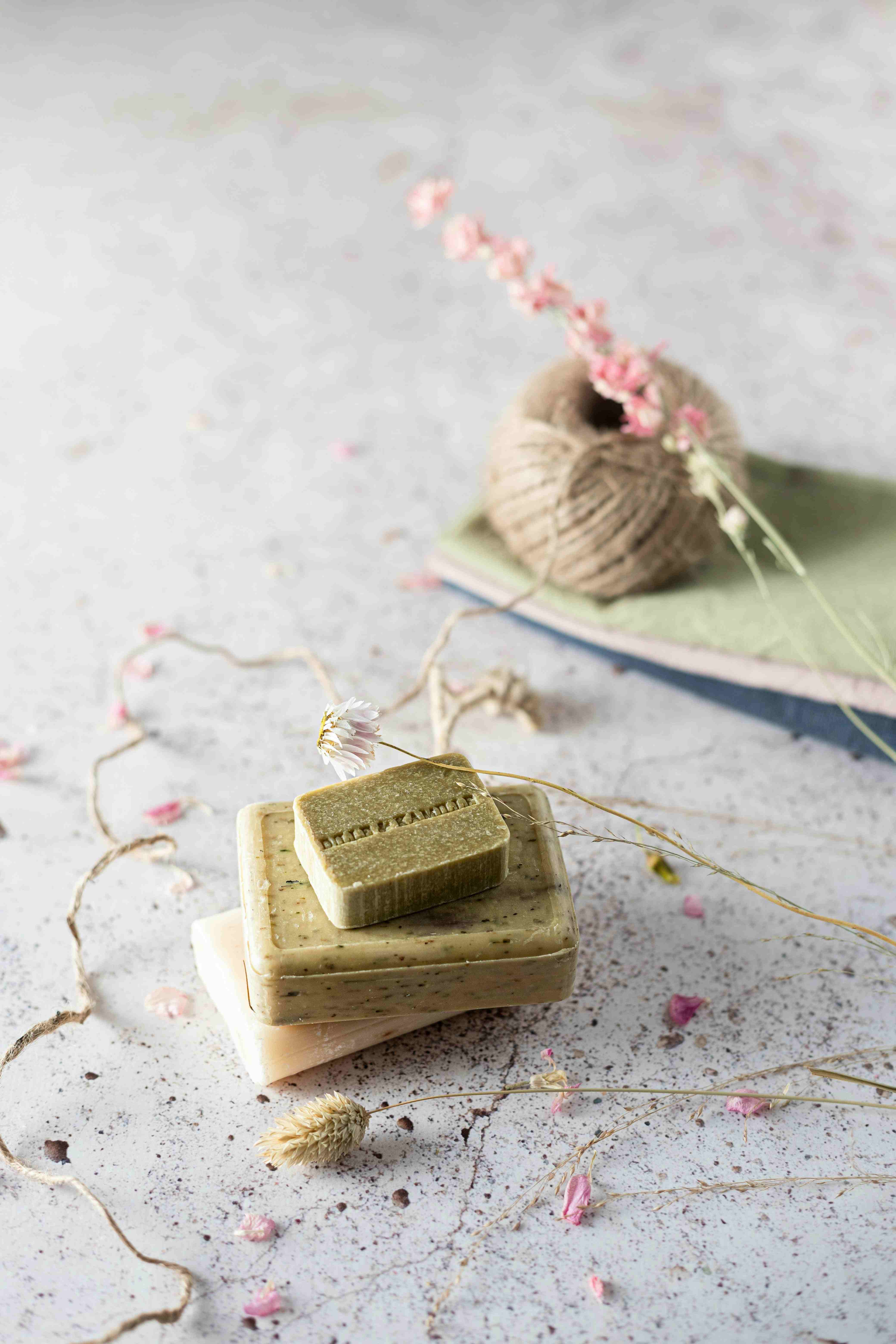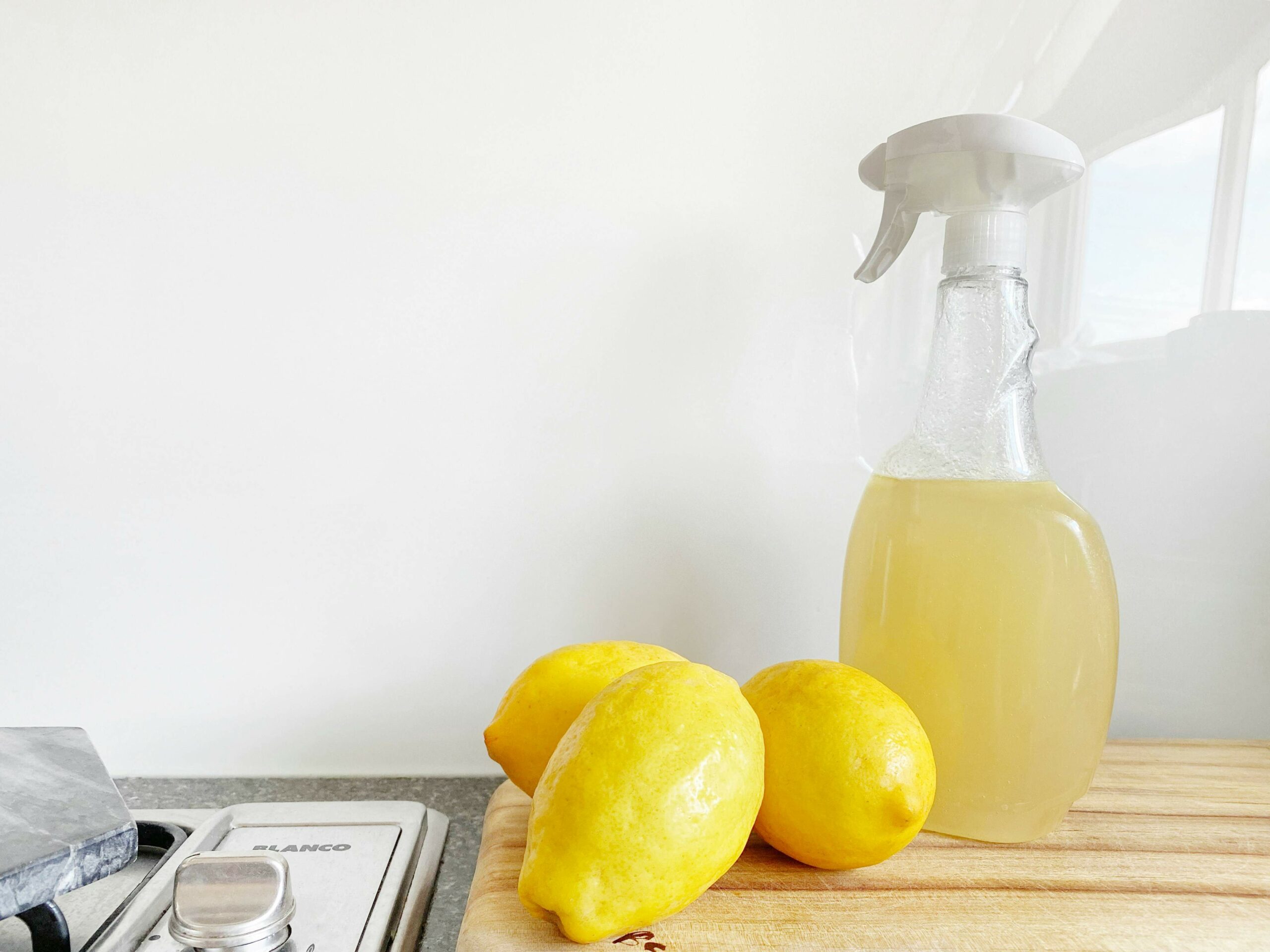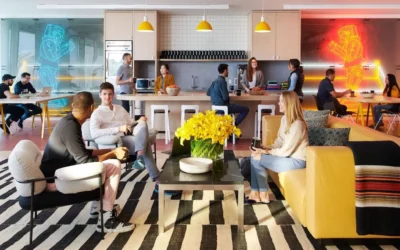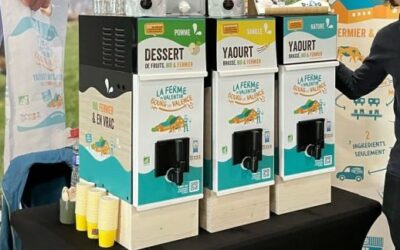In our consumer-driven society where abundance often leads to waste, switching to a zero waste lifestyle can feel like a radical move. But it’s far from utopian. This movement is gaining traction every day. So where should you start if you want to live more sustainably and reduce your environmental impact?
A good place to start: examine your habits
Begin by becoming aware of your consumption patterns. That means taking a close look at what you buy, how you use it and what you throw away. By evaluating your habits, you can identify major sources of waste and start finding more sustainable alternatives.
In daily shopping, we’re often faced with excessive plastic and disposable packaging. Choosing to say no to unnecessary packaging and buying in bulk can significantly reduce your waste.
What about in the kitchen?
The kitchen offers endless ways to adopt more eco-friendly habits. Beyond changing what we buy, it helps us reconnect with a more conscious and respectful approach to food.
Buying fresh, local produce is a great first step. It reduces the carbon footprint linked to long-distance food transport and often improves taste and freshness. It also strengthens our connection to local communities and seasonal cycles.
Another essential part of a zero waste kitchen is reducing food waste. Every year, millions of tons of food are wasted. By using all parts of our food creatively, we reduce our impact and save money.
For example, use vegetable peels to make broth, turn leftover meat into pizza toppings or blend overripe fruit into homemade compote. These simple actions help us value the food we have and reduce unnecessary waste.
A zero waste kitchen is also a return to the basics. It invites us to reconnect with the earth, the seasons and traditional cooking methods. It’s a way to nourish not only our bodies, but our values and our planet.
Bring zero waste into your bathroom
Your bathroom is another place where you can make meaningful zero waste changes. Many personal care products come in single-use plastic packaging, which creates a huge amount of waste.
A first step toward a zero waste bathroom is to replace disposable items with reusable or biodegradable alternatives. For example, washable makeup remover pads (like those offered by the company Bambaw) are an eco-friendly alternative to single-use cotton pads. They help reduce our reliance on disposable products and minimize waste.
Solid soaps are also a great alternative to liquid soaps in plastic bottles. Often made with natural ingredients and wrapped in recyclable paper, solid bars are gentler on your skin and the environment. They also last longer than liquid versions.
You can also replace other bathroom items with greener options, such as bamboo toothbrushes, wooden combs or plant-based sponges. These small swaps reduce your environmental impact while maintaining your personal care routine.
Zero waste cleaning products
Cleaning products are another key area for zero waste living. Natural alternatives to traditional cleaners are becoming increasingly popular. They use non-toxic, eco-friendly ingredients that clean effectively without polluting your home or the environment.
For example, white vinegar is a natural disinfectant that works on many surfaces like kitchen counters and bathroom tiles. Baking soda can scrub away tough stains and grime. Add natural ingredients like lemon, lavender or essential oils to your cleaning mixes for a pleasant scent and antibacterial boost.
Incorporating these natural products into your routine helps create a healthier and more eco-conscious home.
Other ways to reduce waste
You can also rethink your overall shopping habits. Buy second-hand items, join local swap or rental initiatives, or invest in durable products that last longer. These choices all contribute to reducing your waste and carbon footprint.
In conclusion
Adopting a zero waste lifestyle is not without its challenges. Sustainable alternatives may be hard to find depending on where you live, and reusable products can have a higher upfront cost. But by staying motivated and looking for solutions that match your needs, you can overcome these barriers.
Living zero waste isn’t just good for the planet. It’s good for your personal well-being too. By consuming less and living more intentionally, we help preserve natural resources for future generations and find greater meaning in our daily lives.
Published on 08/05/2024
